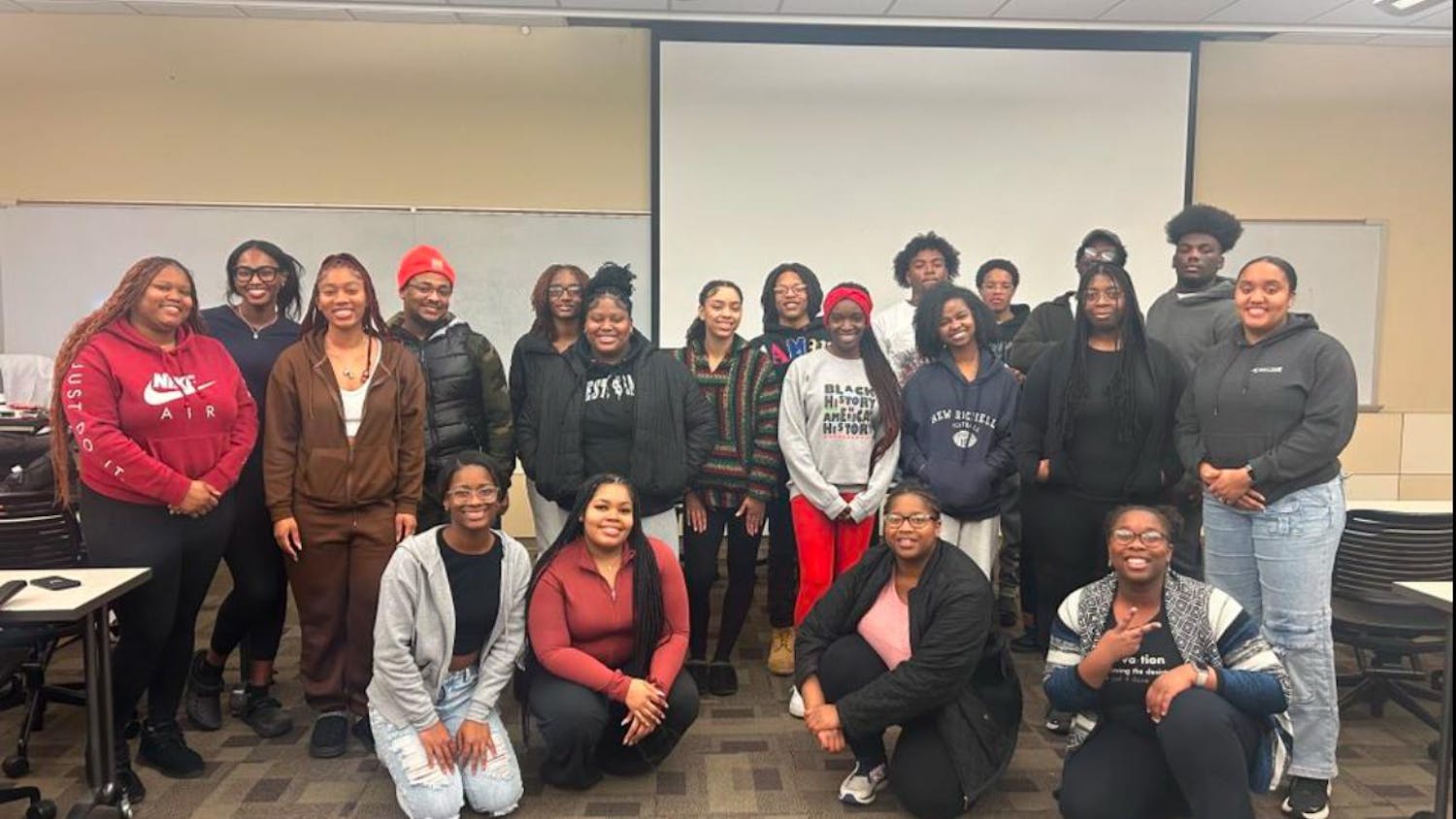Wright State is currently in collaboration with the Air Force Research Laboratory (AFRL), Vanderbilt University and Ibis Biosciences, and has received an award of of up to $9.1 million from the Defense Advanced Research Projects Agency (DARPA) to improve learning using a handheld, low-power electrical stimulator, which is applied to the neck.
This technique is referred to as vagal nerve stimulation, a FDA-approved treatment for diseases such as cluster headaches, epilepsy and depression.
Researchers involved in the new Learning through Electrical Augmentation of Plasticity (LEAP) project believe vagal nerve stimulation can be used with healthy subjects to stimulate a change in neurons that increases the ability to learn.
LEAP will improve the understanding of fundamental molecular mechanisms of nerve stimulation, in addition to studying the way genes are expressed, known as epigenetics. Epigenetics, meaning "upon genetics", describes how environmental factors turn genes on and off, thereby changing traits.
Timothy Broderick is the principal investigator for the project and chief science officer at the Wright State Research Institute and associate dean for research affairs at the Wright State Boonshoft School of Medicine. “Epigenetics helps explain how vagal nerve stimulation changes the ‘read out’ of genes in the brain. The DNA sequence does not change, but with stimulation, neurons become more receptive to training,” Broderick said in a release.
Wright State has partnered with Andy McKinley from the AFRL 711th Human Performance Wing to assess improvement in intelligence analyst skill acquisition and performance with vagal nerve stimulation.
“This research is exciting because it will help us understand how nerve stimulation promotes plasticity and improves learning at the molecular level,” Broderick said. “Our work could significantly improve health and performance through a combination of non-invasive nerve stimulation and easy-to-obtain epigenetic biomarkers in peripheral blood.”












